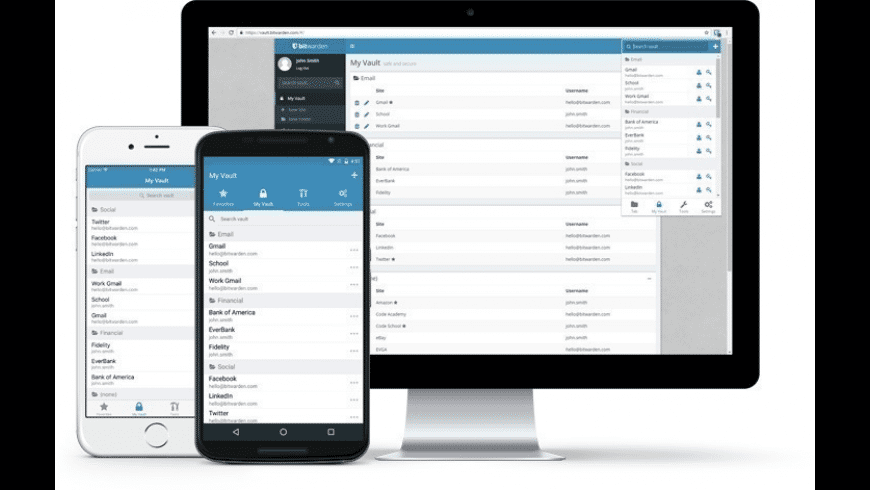

Still, it’s a welcome addition, even if I’ll likely never use it.

For the average person, that’s likely overkill - not to mention to do it securely, you need to know your way around server hosting and more. Interestingly, some people feel the need for even greater security measures, so Bitwarden allows users to self-host their password libraries. The added transparency definitely brings some peace of mind. That means the software code is available for anyone to look at, and Bitwarden says it has a global community of people vetting and improving the code. Additionally, the premium tier lets you connect a two-factor authentication (2FA) device like a YubiKey to unlock your vault.įinally, Bitwarden premium includes vault health reports, which can reveal exposed passwords, reused passwords, weak passwords, unsecured websites, inactive 2FA and data breaches.īitwarden offers business plans as well, but there is a family sharing option that lets regular users privately share passwords with up to five users.Īs amazing as the pricing is compared to other password managers, one of the more unique parts of Bitwarden is that it’s open-source. Read Forbes Advisors in-depth 2023 Bitwarden review to learn what you can expect in terms of features, ease of use, security and support. It includes extra features like support for time-based one-time passwords (TOTP) - those codes sites often send to your phone to authenticate you. Exploring applying this as the minimum KDF to all users. Premium offers a little extra, but is worth itīitwarden offers a premium tier as well, which costs only $10 USD ($13.38 CAD) per year. Bitwarden Increases KDF iterations to 600k for new accounts and double-encrypts data at rest.


 0 kommentar(er)
0 kommentar(er)
